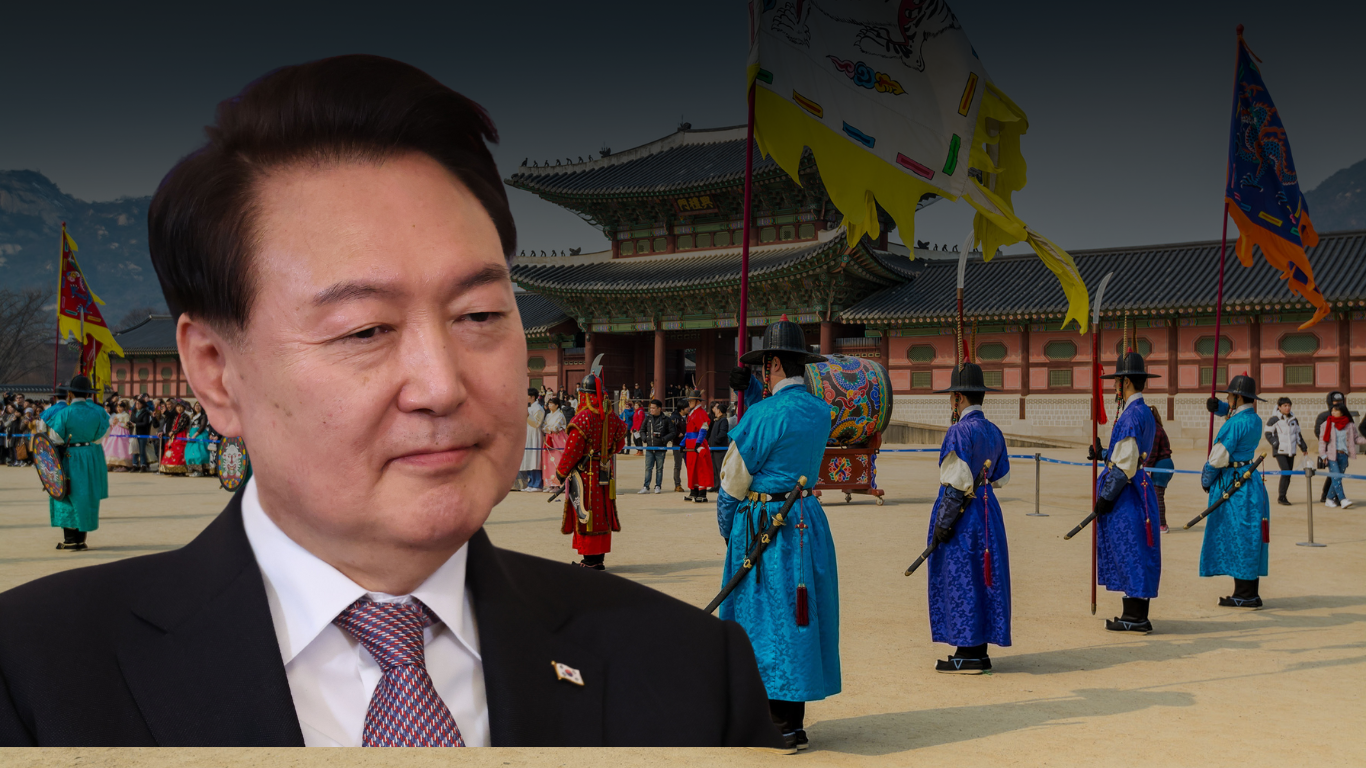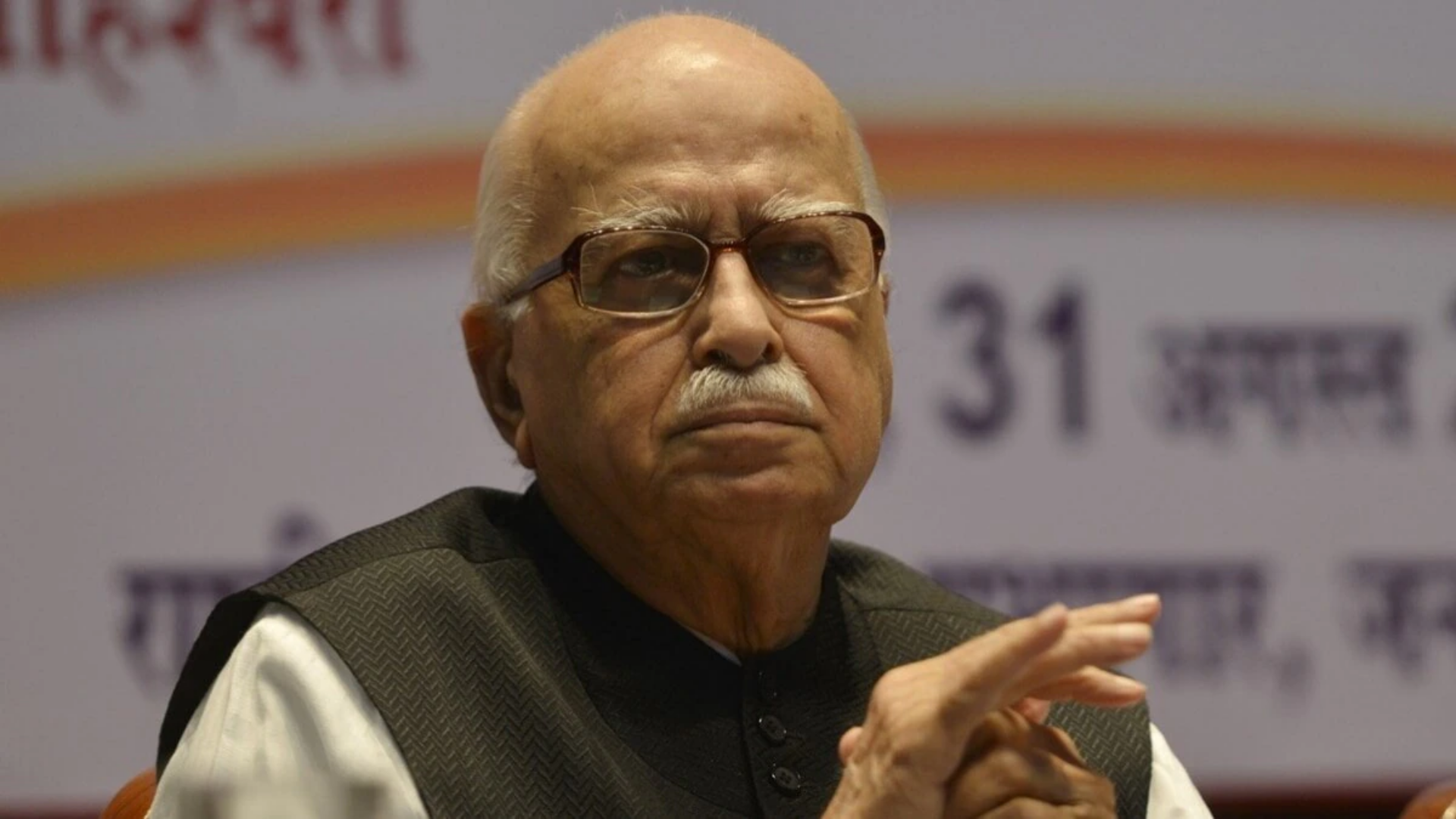If there’s a country that has become eye-candy at the global stage then it has to be South Korea. From a child to an old person, it has become a fantasy for almost everyone to at least visit once in their lifetime!
From K-pop world to beauty products and technological advancements. To other countries South Korea is indeed shining bright.
But what’s the inside story of the nation? Is the shine really real?
Well, currently the country is grappling with the lowest birthrate in the world.
On Thursday, South korea’s president announced his will to set-up a new ministry to address this issue.
South Korea is known around the world for its technological advancements, beauty products, and vibrant K-pop culture.
But at home, the country is grappling with what could be an existential crisis – the lowest birthrate in the world.
On Thursday, South Korea’s president Yoon Suk Yeol announced that he wants to establish a new ministry to address this looming demographic crisis.
Surprising thing is this, that despite flowing billion of dollars in efforts to encourage women to carry babies, The govt. in Feb announced that South Korea’s birth rate fell to a record low last year.
All about the looming crisis
According to February’s preliminary data from Statistics Korea, the country’s fertility rate -– the number of children a woman is expected to have in her lifetime -– dropped to 0.72 in 2023, down nearly 8 per cent from 2022.
This is far below the 2.1 children needed to maintain the current population of 51 million.
At this rate, the population will decline to nearly half by 2100, according to experts from the Institute for Health Metrics and Evaluation at the University of Washington in Seattle.
With one of the globe’s lengthiest life expectancies and minimal birth rates, the nation faces a colossal demographic hurdle.
Seoul has invested vast sums, amounting to hundreds of billions of dollars, in initiatives aimed at boosting childbirth rates. These efforts include cash incentives, childcare services, and assistance for fertility treatments.
Yet, despite these extensive endeavors, the fertility rate continues to plummet, showing minimal improvement.
“In order to overcome the low birth rate, which can be considered a national emergency, we will fully mobilise all of the state’s capabilities,” Seoul-based Yonhap News Agency quoted Yoon as saying.
“We will be creating a low-birth planning department in order to establish a more aggressive and powerful control tower,” Yoon added.
Will a new ministry creation really help?
A survey by the Korea Institute for Health and Social Affairs (KIHASA) in February of around 300 childless newlyweds showed that 37 per cent of them estimated that the cost of raising a child every month will be between 1 million won (Rs. 61,044) and 1.5 million won (Rs. 91,581), according to The Korea Times.
So you see, factors like expense can make child raising a burden for people in Korea.
In the largely conservative Korean society, working mothers face the challenge of balancing household duties, childcare responsibilities, and professional careers, burdening them with child’s responsibilities.
South Korea’s 0.72 birth rate is the lowest among OECD nations, while the average age a woman gives birth is 33.6, the highest in the OECD.
It looks like nothing short of a change in attitudes and in society will help South Korea solve its demographic crisis.




















